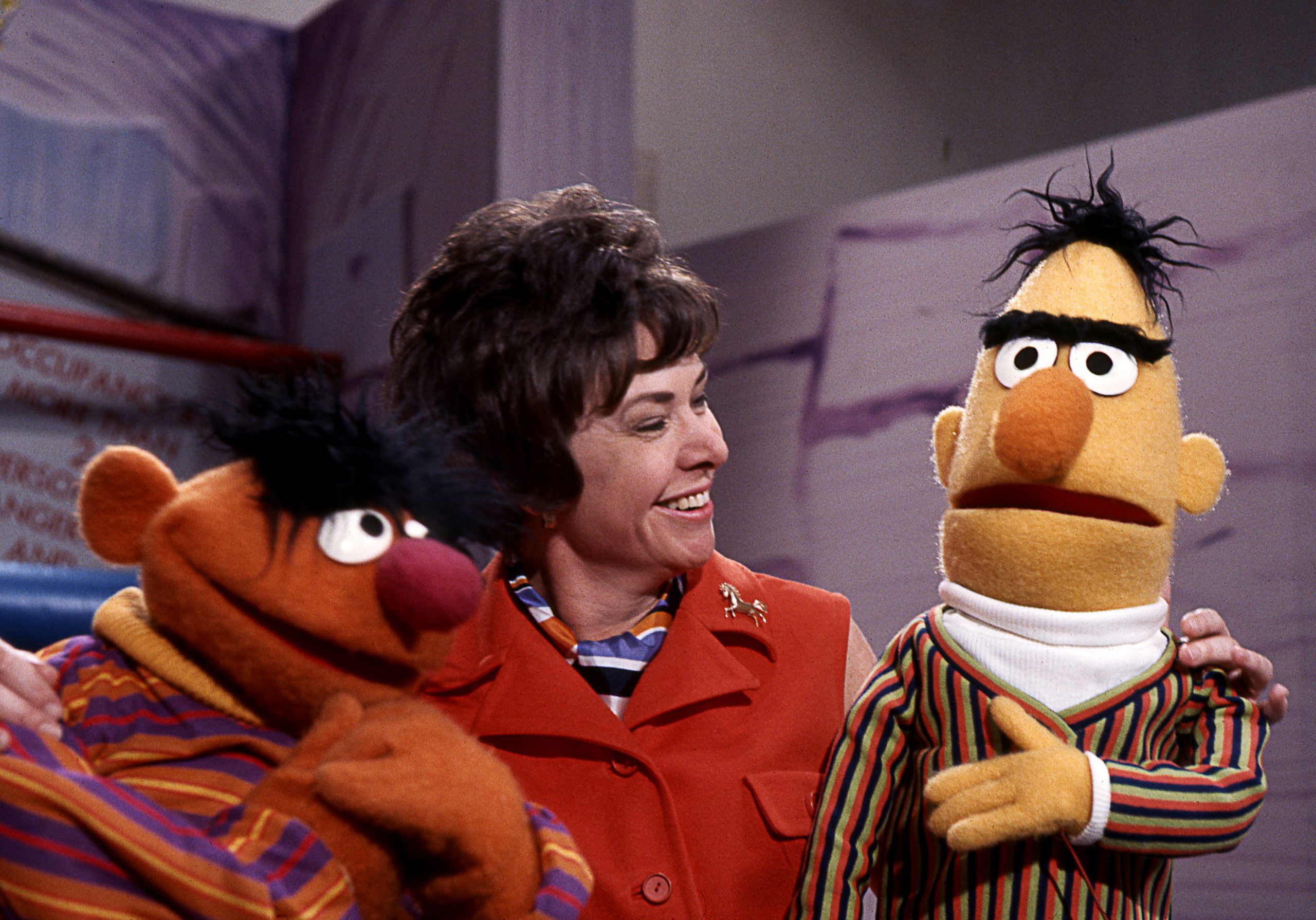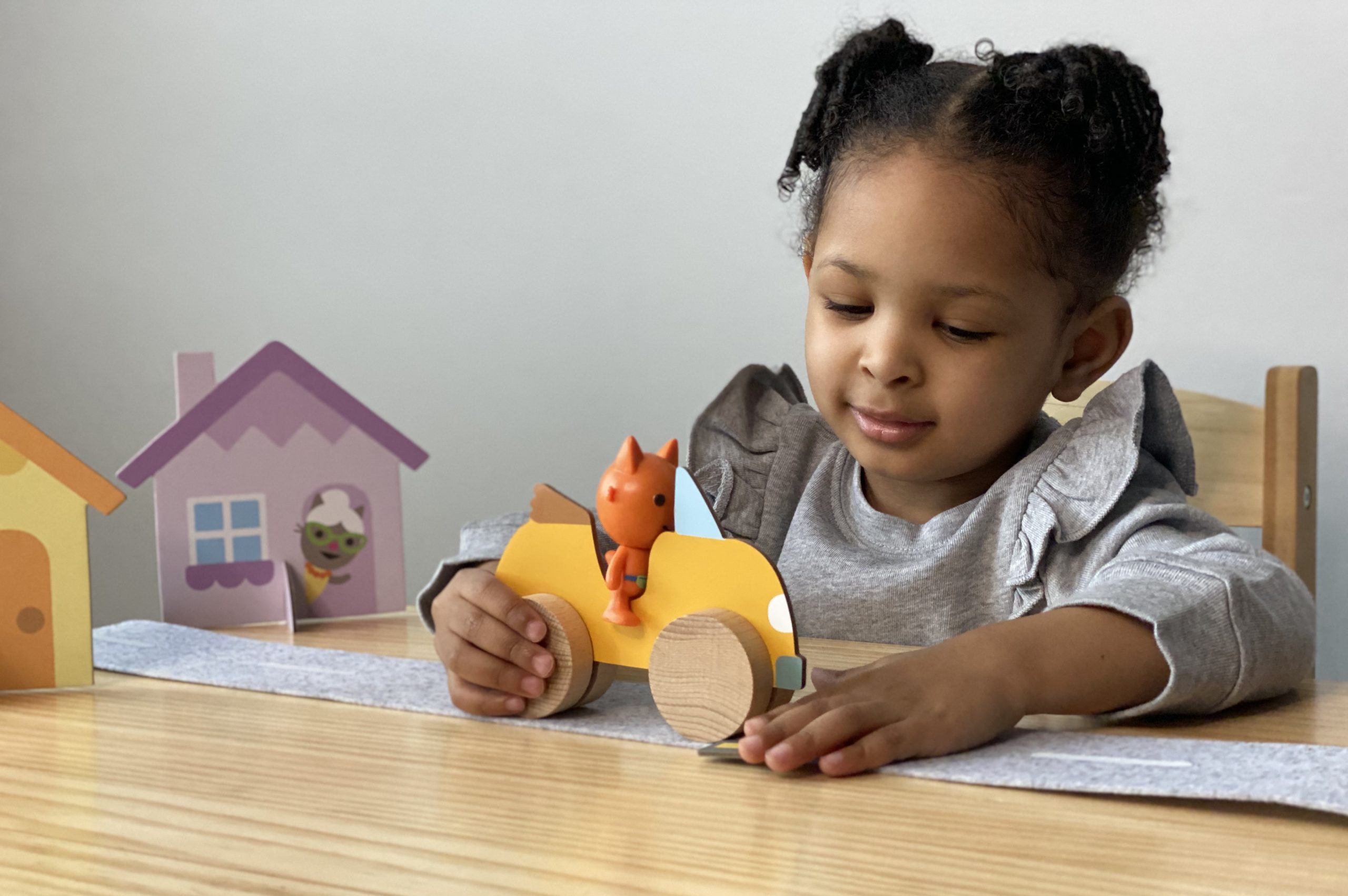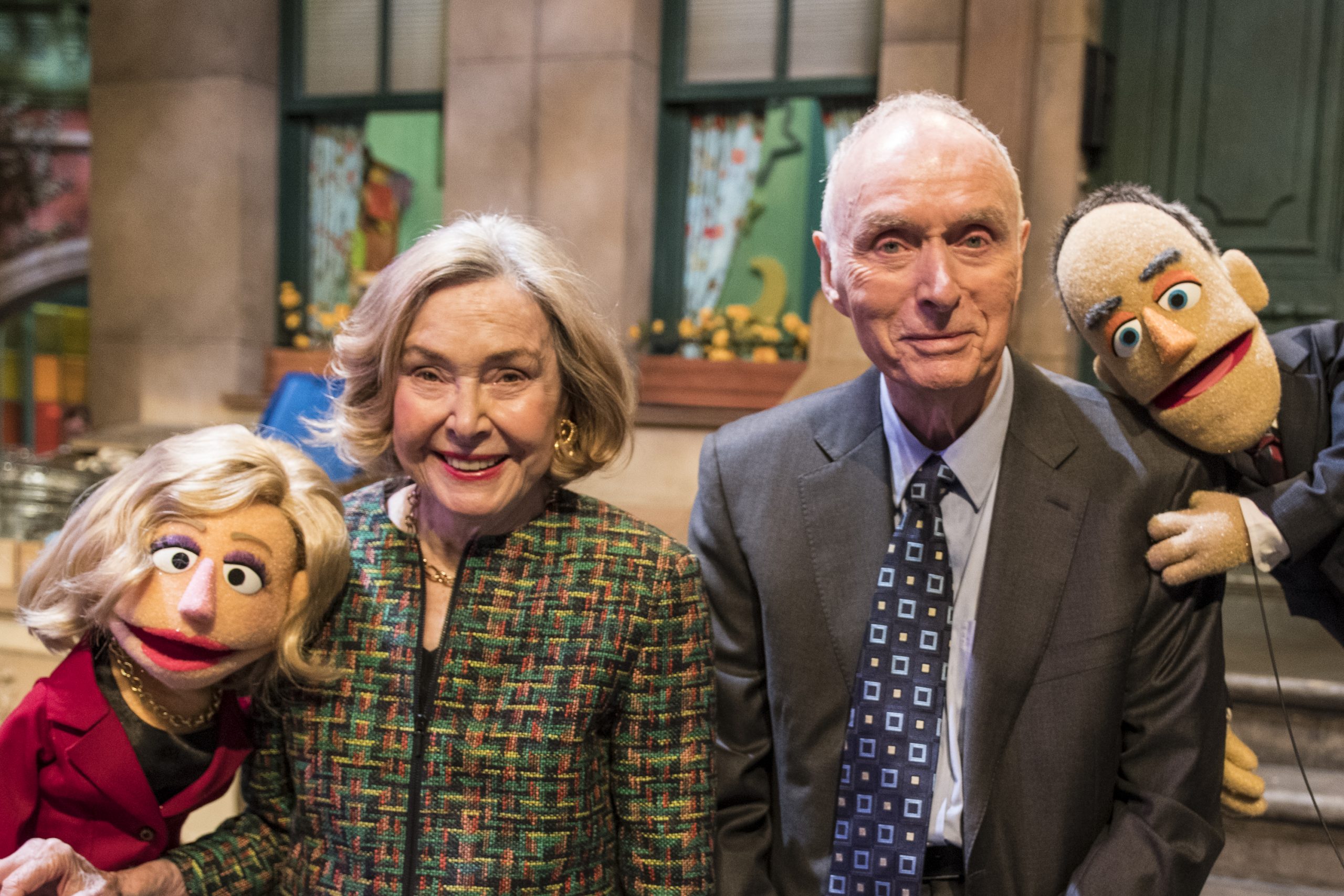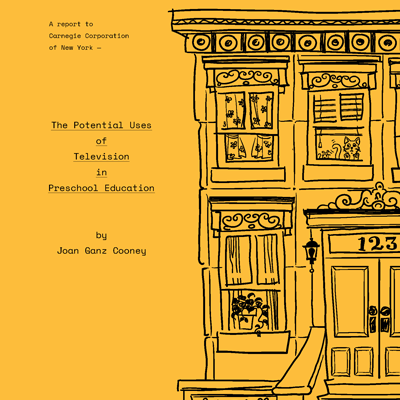
Back in 2010, I sat in a small office on Sveavägen in Stockholm, Sweden. It was fall, which in Scandinavia means that it is dark all the time, and rainy most of the time. My colleague Emil Ovemar and I were doing some research for a potential project regarding touchscreen devices.
When doing work like this, you tend to start broad and look at anything and everything. Then you start whittling things down, building hypotheses, and finding concepts that seem promising. In the middle of our research, we came across a report from the Joan Ganz Cooney Center called Learning: Is there an app for that? written by Cynthia Chiong and Carly Shuler. The report was full of many interesting things, but there was one little phrase that really opened my eyes. The authors wrote: “The pass-back effect appears to be a real interactive phenomenon. Young children have access to smart mobile devices, but their access is often limited.” The pass-back effect. Kids didn’t need their own smartphones in order to use them extensively. Personal devices were effectively becoming shared devices. This was the beginning of something!
This research eventually led us to the creation of Toca Boca, one of the most successful interactive media products for kids during the 2010s. But sometimes I wonder what would have happened if we hadn’t found these little sparks of insight and inspiration? And more importantly, I think about how urgently we need sparks like these to create the next generation of digital kids products.
Because right now, we need loads and loads of new and exciting ideas for kids. The kids’ app market is subdued. Investment in the space has been lacking, and innovation has taken a backseat to financial sustainability (or sometimes, survival). The next obviously big thing isn’t on the horizon yet. Concerns about “screen time” continue to worry many parents.
What’s more, there’s also a gap between what parents want for their kids and their ability to find it. A seemingly timeless gap, when you consider this quote:
“There is evidence that parents everywhere in the country, cutting across all economic lines, are seeking more and more information about what they can do to insure the maximum development of their children’s intellectual abilities.”
Joan Ganz Cooney wrote these words in 1966 in her report to the Carnegie Corporation—the report that laid the foundation for Sesame Street. Today, more than 50 years later, parents still want this. Kids still deserve this. But clearly there’s still work to be done in order to close this gap.
I think we are finally starting to move beyond the extreme polarization of simply classifying screens as “good” or “bad.” But what is holding the discussion back are the many disappointing experiences that families have with apps. Many apps often come across as a waste of time, and as less desirable options than their physical equivalents. And there’s a good reason for their disappointment—they are right. But families shouldn’t simply conclude that great apps don’t exist—maybe they just haven’t found the right ones yet. Great apps are drowning in a sea of awful ones.
Essentially, this is a market failure. There is supply. There is demand. But the two are not meeting each other in an adequate way, and it is wasting precious time and potential for families all over the world.
At times like this, it is important to remember the big picture. We have a generation of kids across the globe growing up with access to smartphones and devices. The collective knowledge of the world is at their fingertips. Communication between friends, family, classmates is free, simple, and immediate. Entertainment is endless and available anytime, anywhere. Families have the infrastructure in place, the time to spend, and the interest in finding new, great ways to help their kids develop, learn, and have fun.
With all of this in place, how can this possibly be a bad time to create delightful and inspiring products for kids? Or a new way of guiding families to the fantastic experiences that they yearn for? All you need to get started is a spark of insight and inspiration. And if you’re reading this, you’ve come to the right place.
Björn Jeffery is an advisor for digital strategy and consumer culture, based in San Francisco. He specializes in kids media and the digital kids ecosystems. Recently, he was the CEO and co-founder of Toca Boca, a play studio that makes digital toys for touchscreen devices. Since 2011, they released over 35 products that were downloaded over 200 million times worldwide. Toca Boca has won numerous awards for their apps, including Nappa Gold and iKids twice, 10+ Parents Choice Awards and the 2013 KAPi for Most Pioneering Team in Children’s Technology.




